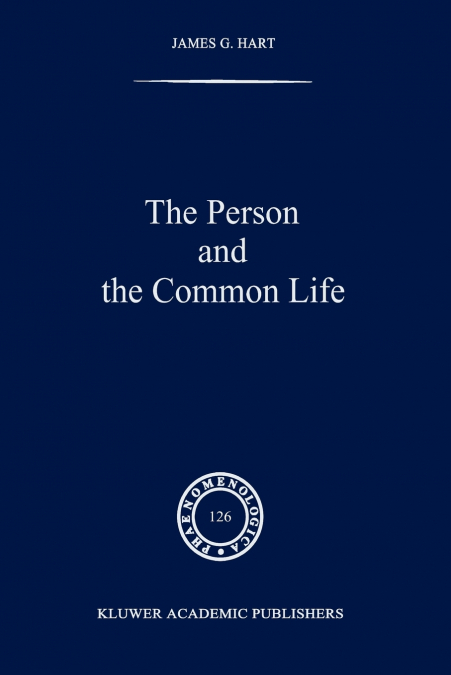
James Hart
What follows attempts to synthesize Husserl’s social ethics and to integrate the themes of this topic into his larger philosophical concerns. Chapter I proceeds with the hypothesis that Husser! believed that all of life could be examined and lived by the transcendental phenomenologist, and therefore action was not something which one did isolated from one’s commitment to being philosophical within the noetic-noematic field. Therefore besides attempting to be clear about the meaning of the reduction it relates the reduction to ethical life. Chapter II shows that the agent, properly understood, i. e. , the person, is a moral theme, indeed, reflection on the person involves an ethical reduction which leads into the essentials of moral categoriality, the topic of Chapter IV. Chapter III mediates the transcendental ego, individual person, and the social matrix by showing how the common life comes about and what the constitutive processes and ingredients of this life are. It also shows how the foundations of this life are imbued with themes which adumbrate moral categoriality discussed in Chapter IV. The final Chapters, V and VI, articulate the communitarian ideal, 'the godly person of a higher order,' emergent in Chapters II, III and IV, in terms of social-political and theological specifications of what this 'godly' life looks like.